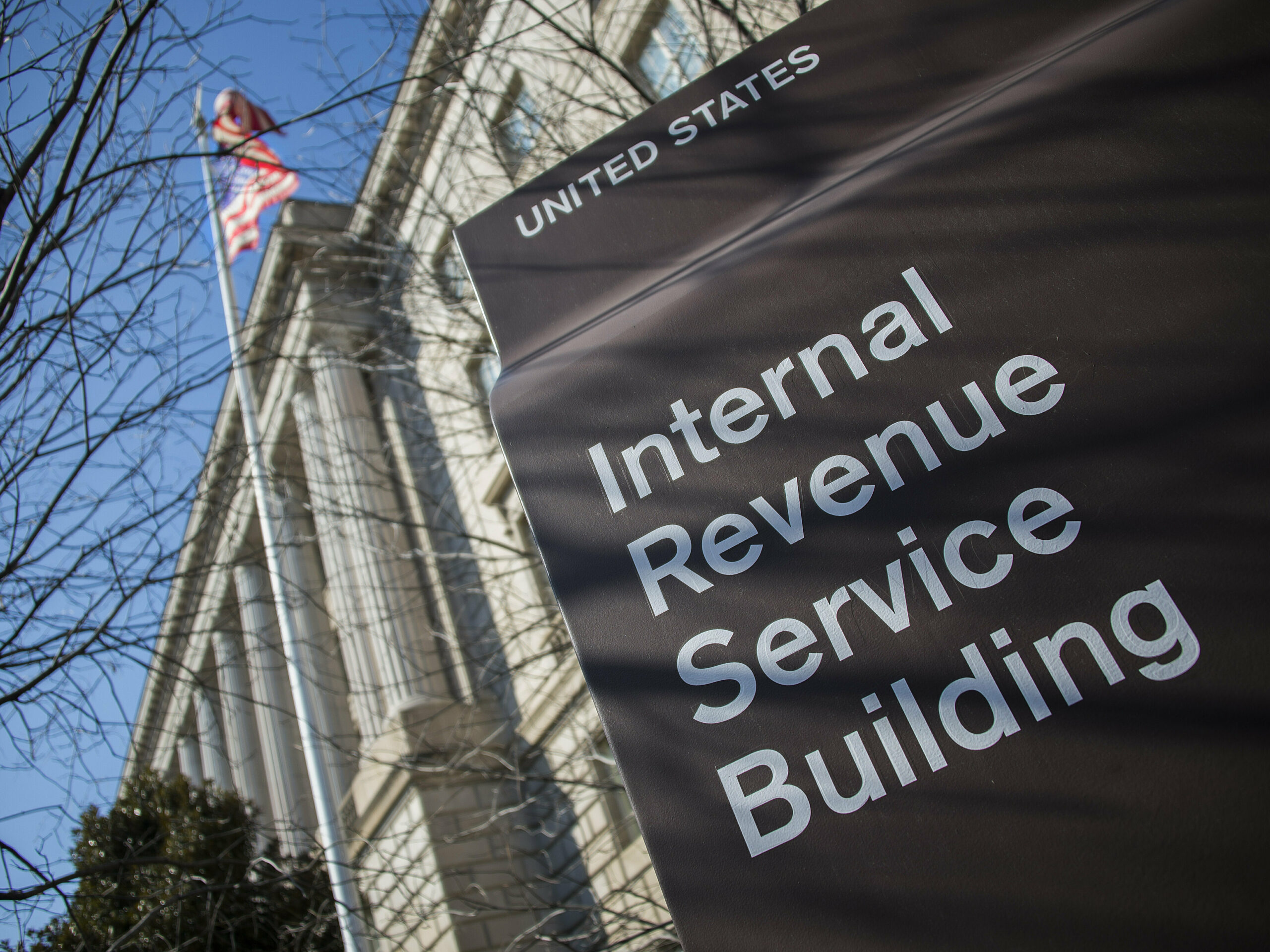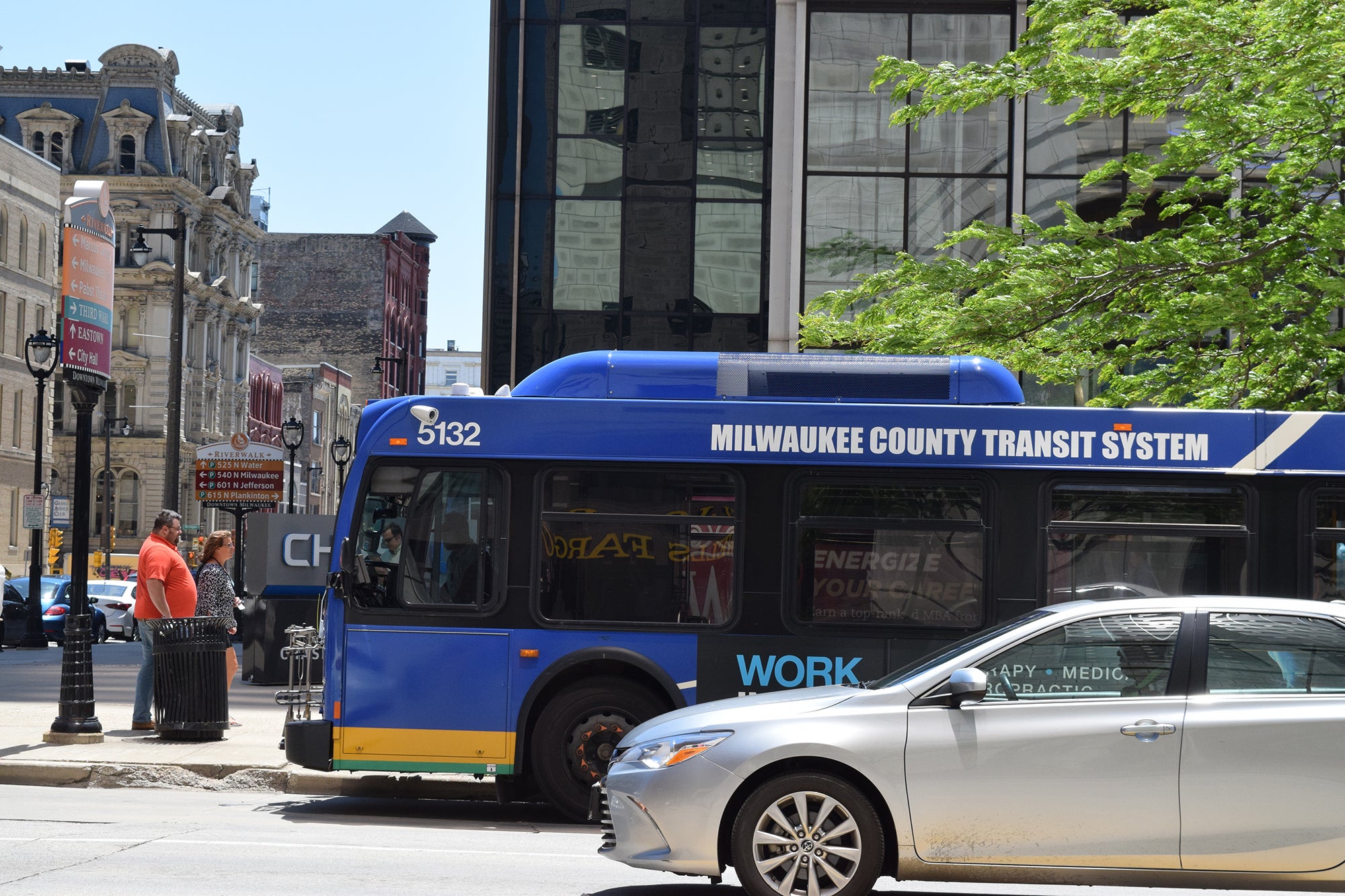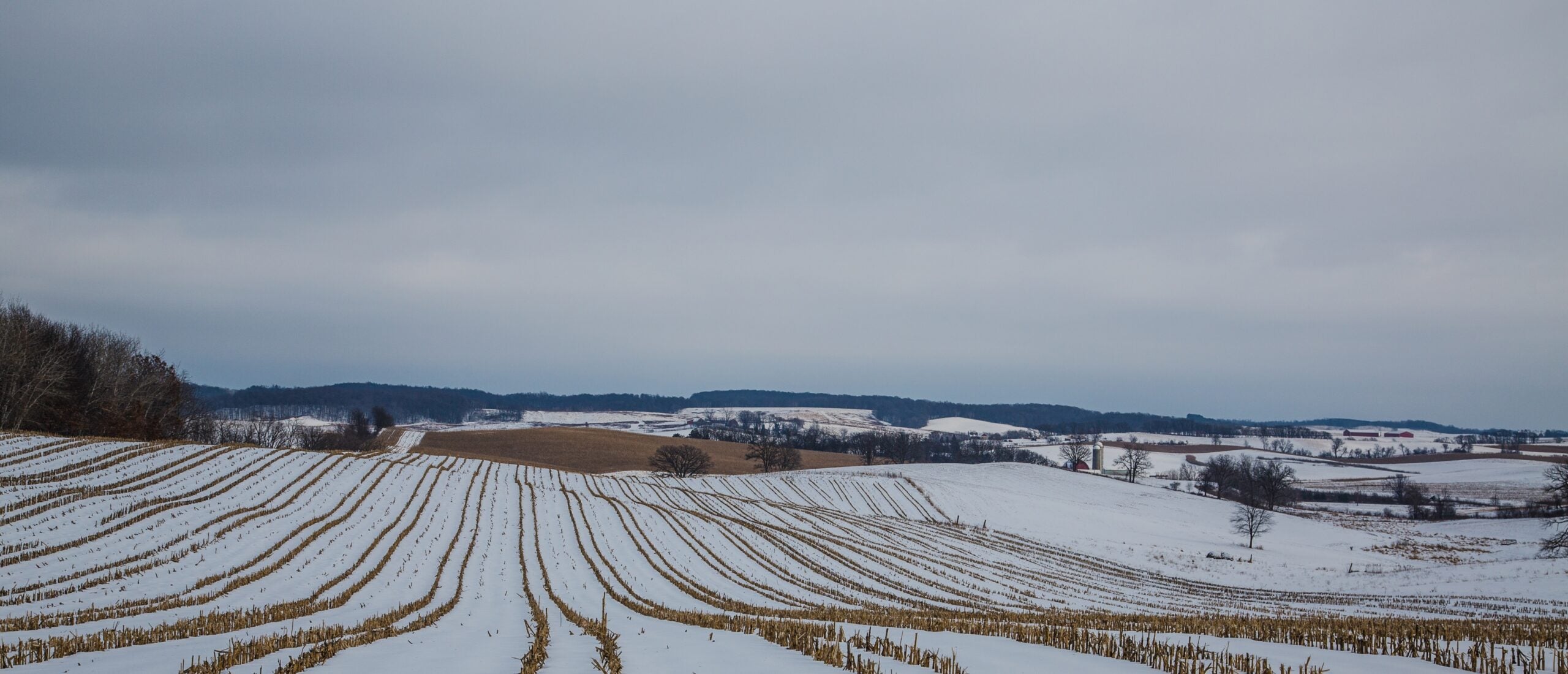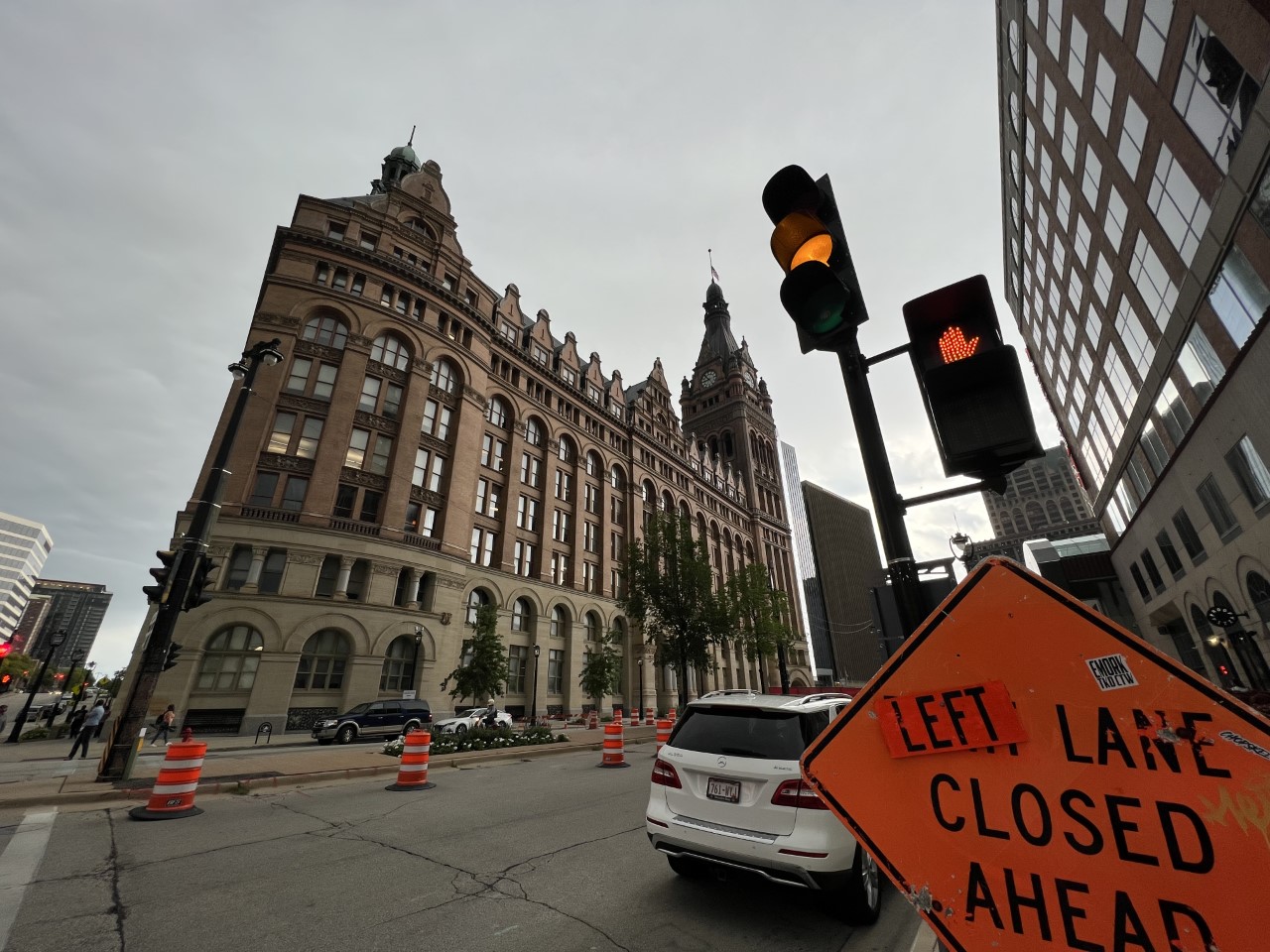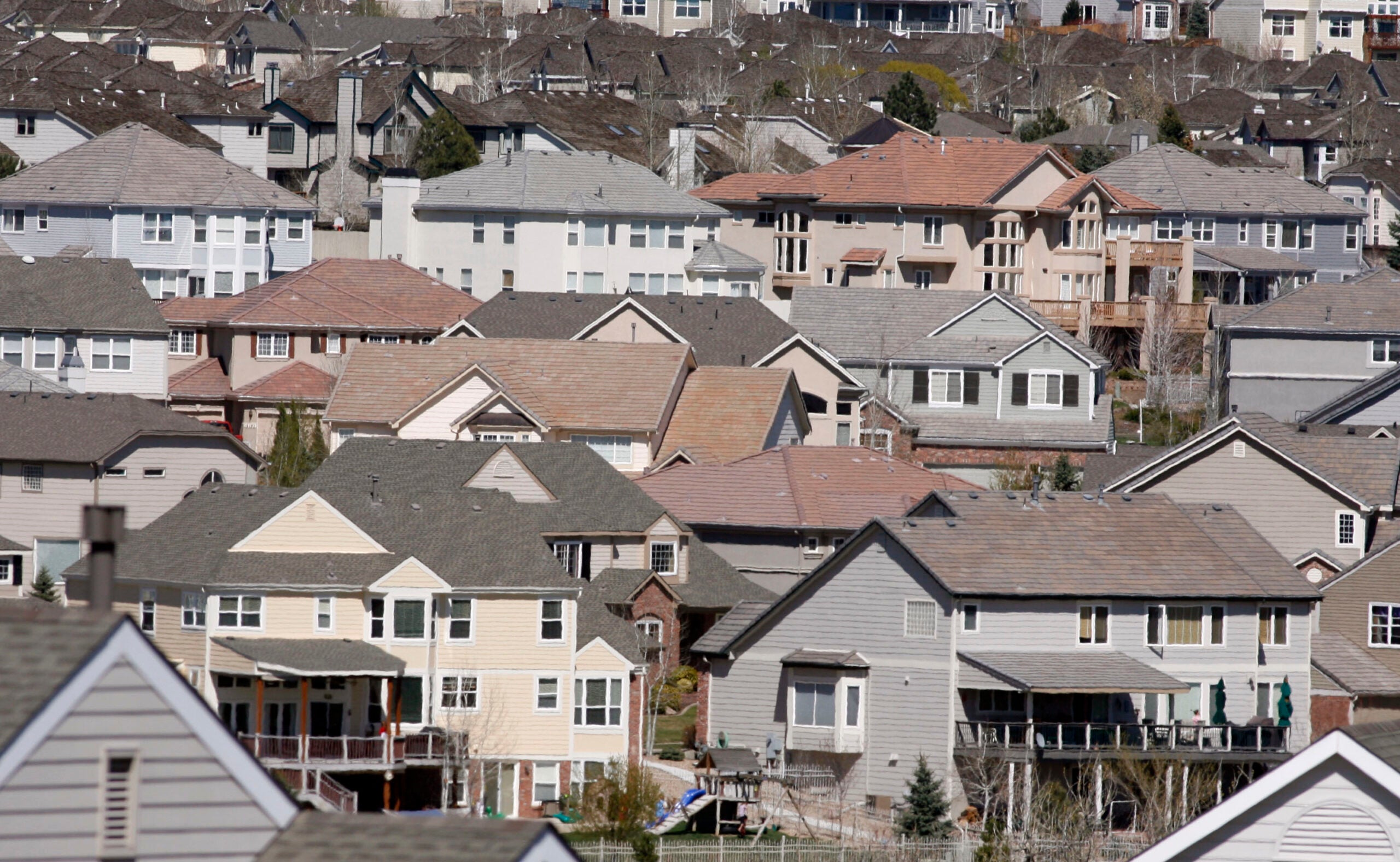A Wausau city leader is proposing an innovative way to fund public transit systems in Wisconsin: through sales taxes that would be levied by individual cities, towns and villages.
Wausau Alderman Keene Winters says he found out how important public buses are to some people while he was out campaigning. “I went door to door in my district, and I had two people come to the door in wheelchairs and say, ‘The bus is how I get to work, the bus is how I get around.’”
But if the buses are vital to some, they have been deemed of little value to many of the people who have to pay for them – property tax payers, that is – which has led to cutbacks for the Wausau’s area Metro-Ride system. Winters is suggesting that instead of using property taxes, individual cities should be allowed to levy a special sales tax for bus service.
Stay informed on the latest news
Sign up for WPR’s email newsletter.
“Property taxes were designed to fund things that address property: fire protection, street construction,” he said. “When you start using them for things like bus service, then you get unfairness in the tax system, which leads to rejection.”
But the state legislature would have to pass a law allowing the special sales taxes, and some lawmakers are skeptical. Republican Assembly Rep. John Spiros represents part of the greater Wausau area. He says the Department of Revenue would have trouble implementing the proposal.
“To put together a database for this would cost over a million dollars. So who’s going to pay for that? Doing this sounds like it could be simple, but when you get down to the mechanics of it, it sounds like there could be difficulties.”
Winters says the current room tax, used to fund tourism, could be used as a model for the public transit sales tax, which would allow the money to be collected without big changes at the Department of Revenue. The proposed tax in Wausau would amount to about seven dollars on a $10,000 car.
Wisconsin Public Radio, © Copyright 2024, Board of Regents of the University of Wisconsin System and Wisconsin Educational Communications Board.


